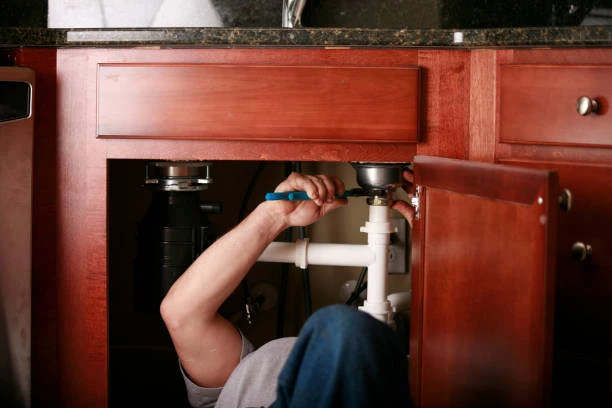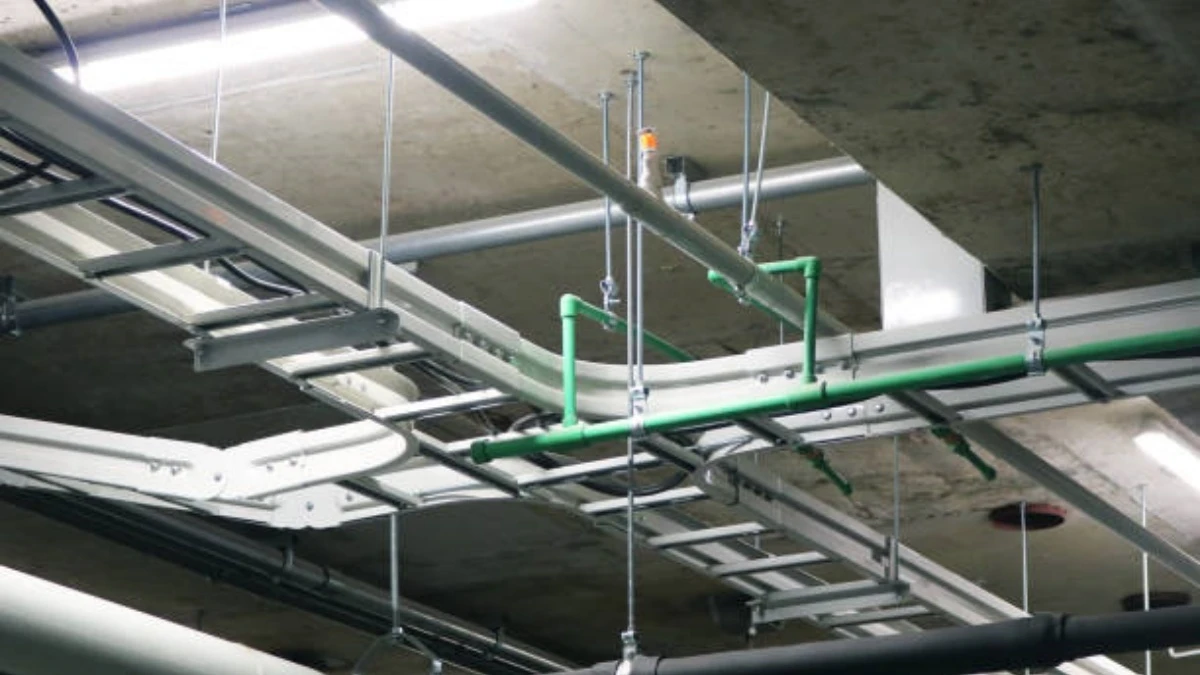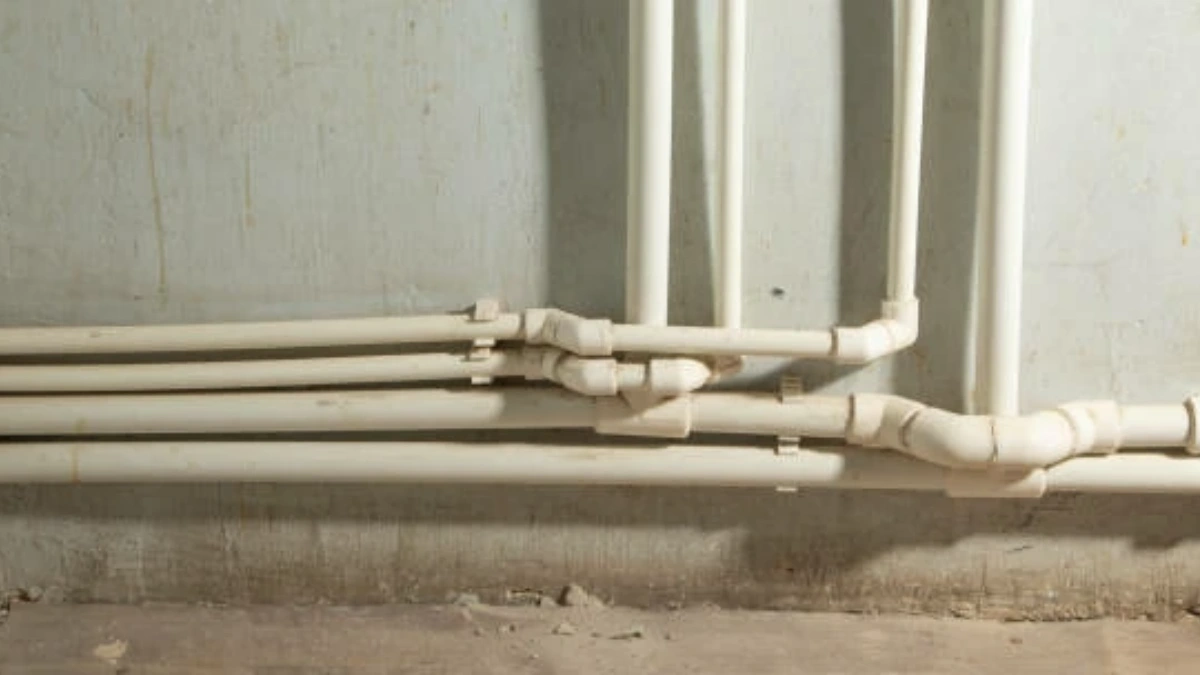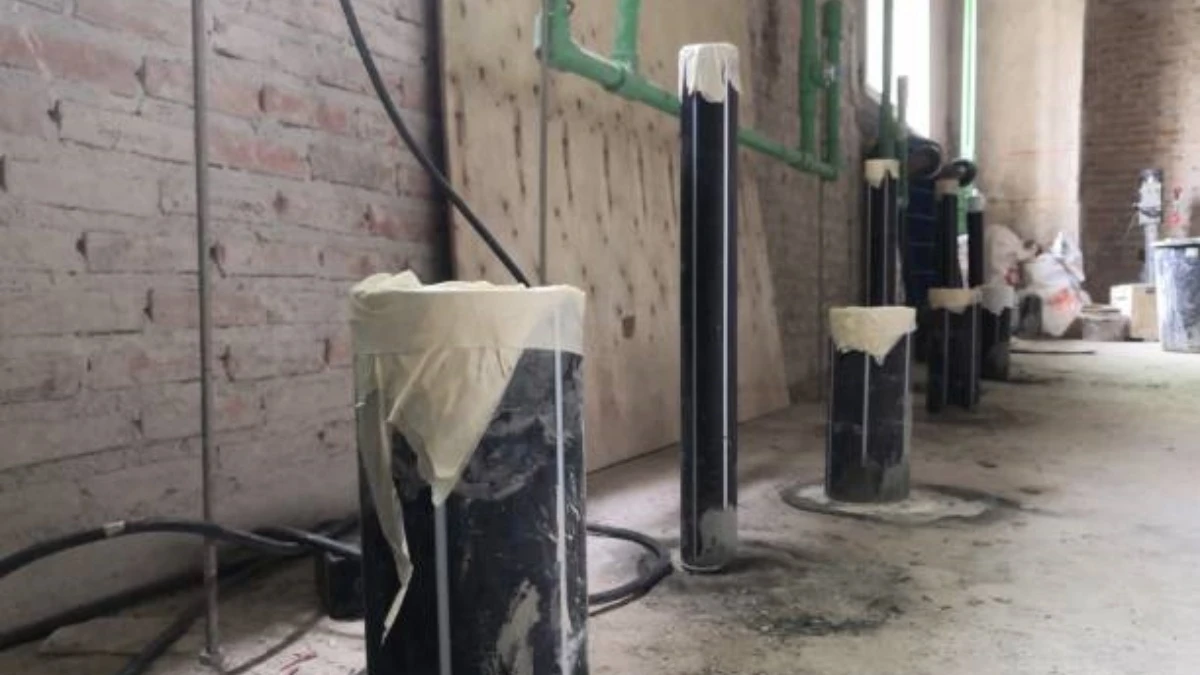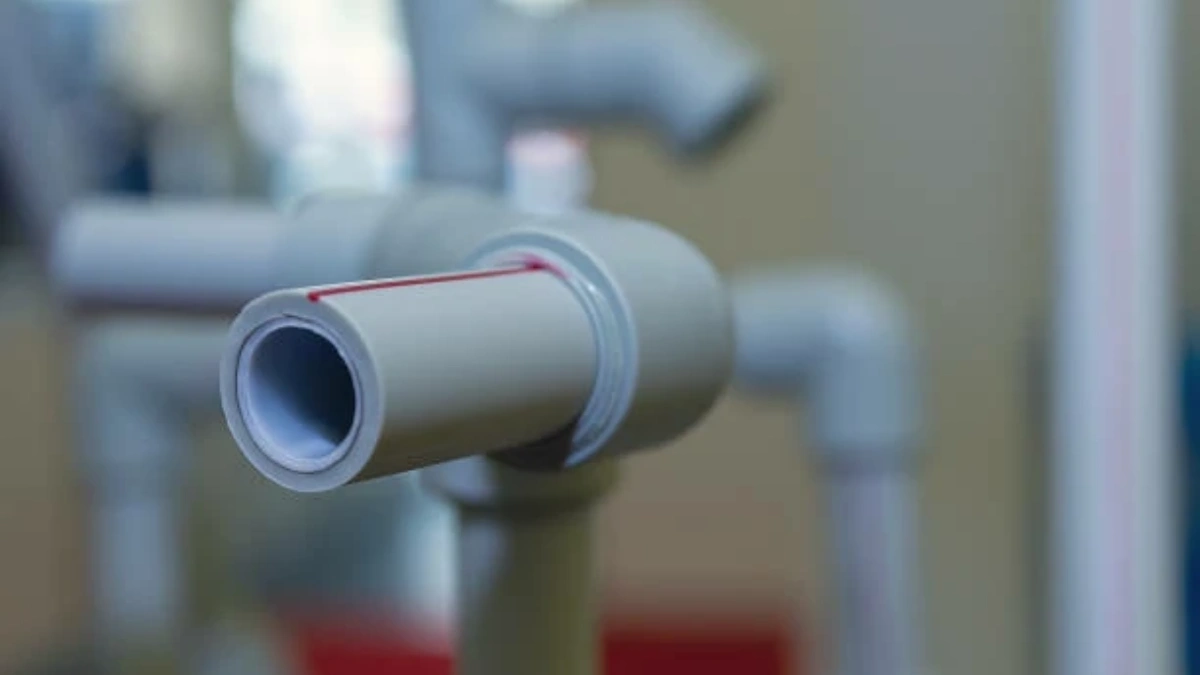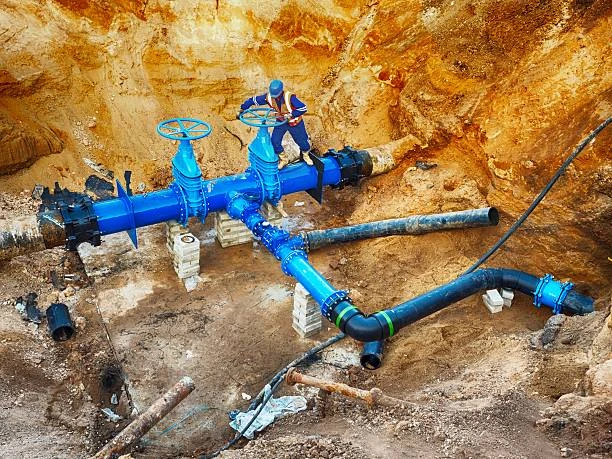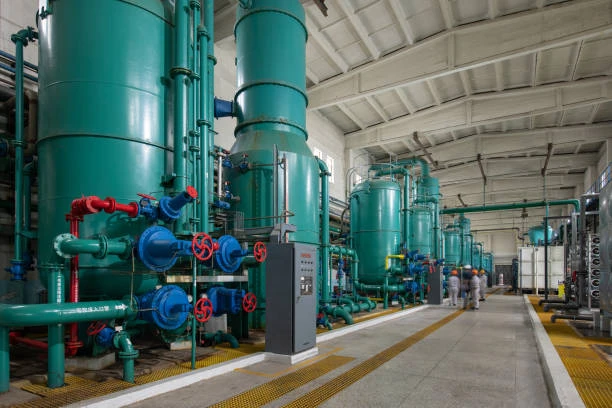Introduction
Exploding water pipe fittings can cause significant damage to property and pose serious safety risks. Understanding the causes behind these failures is crucial for homeowners, plumbers, and manufacturers alike. This article explores the potential culprits behind exploding water pipe fittings, focusing on the factors that contribute to these incidents, and provides insights into prevention strategies.
Understanding Water Pipe Fittings
Water pipe fittings are essential components in plumbing systems, connecting different sections of piping and facilitating the flow of water. These fittings come in various materials, including PVC, copper, and brass, each with its own advantages and disadvantages. When these fittings fail, the consequences can be catastrophic.
Common Types of Water Pipe Fittings
- Elbows: Change the direction of water flow.
- Tees: Connect three pipes at a junction.
- Couplings: Join two pipes together.
- Adapters: Allow different pipe materials to connect.
- Valves: Control the flow and pressure of water.
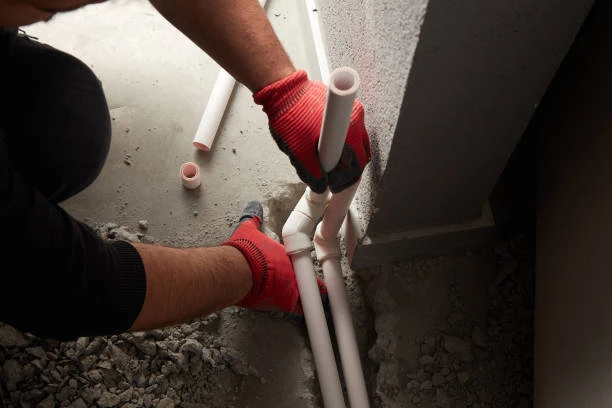
The Causes of Exploding Water Pipe Fittings
Several factors can lead to the failure of water pipe fittings. Understanding these causes can help in identifying responsibility and implementing preventive measures.
1. Poor Installation Practices
One of the most common reasons for exploding water pipe fittings is improper installation. Common installation errors include:
- Incorrect Torque: Over-tightening or under-tightening fittings can create stress points, leading to eventual failure.
- Misalignment: Fittings that are not properly aligned can cause uneven pressure distribution, increasing the risk of failure.
- Use of Wrong Materials: Mixing incompatible materials can lead to weak connections that may fail under pressure.
2. Material Defects
The quality of materials used in water pipe fittings is crucial. Defective materials can lead to failures, including:
- Manufacturing Flaws: Poor quality control during manufacturing can result in weak spots in fittings.
- Substandard Materials: Using inferior materials that cannot withstand the pressure and environmental conditions can lead to failures.
3. Corrosion and Wear
Corrosion is a natural process that affects many materials used in plumbing. Factors contributing to corrosion include:
- Water Quality: High levels of chlorine, pH imbalance, and dissolved solids can accelerate corrosion in metal fittings.
- Environmental Factors: High humidity and temperature fluctuations can also contribute to the deterioration of fittings.
4. Pressure Fluctuations
Sudden changes in water pressure can cause fittings to explode. This can be caused by:
- Water Hammer: A sudden stop in water flow creates shock waves that can damage fittings.
- Pressure Surges: Rapidly opening or closing valves can create pressure surges that exceed the rated pressure of the fittings.
5. Lack of Maintenance
Regular maintenance is essential to ensure the integrity of plumbing systems. Neglecting maintenance can lead to:
- Accumulation of Debris: Blockages can increase pressure and lead to fitting failures.
- Failure to Inspect: Not regularly checking for signs of wear and tear can result in undetected issues that lead to explosions.
Who Is Responsible?
Determining who is to blame for exploding water pipe fittings can be complex. Various parties may share responsibility, including:
1. Manufacturers
Manufacturers play a critical role in ensuring the quality and reliability of water pipe fittings. If a failure occurs due to a manufacturing defect, the manufacturer may be held liable. This includes:
- Quality Control: Ensuring rigorous testing and quality assurance processes are in place.
- Material Selection: Using appropriate materials that meet industry standards.
2. Plumbers and Installers
Plumbers are responsible for correctly installing fittings. Poor installation practices can lead to failures. Key responsibilities include:
- Proper Techniques: Following manufacturer guidelines and best practices during installation.
- Inspections: Conducting thorough checks to ensure everything is properly aligned and secured.
3. Homeowners
Homeowners also share some responsibility for the maintenance of their plumbing systems. Neglecting regular inspections can lead to problems. Homeowners should:
- Schedule Regular Maintenance: Hire professionals to inspect and maintain plumbing systems periodically.
- Monitor Water Pressure: Keep an eye on pressure levels and address any sudden changes promptly.
4. Building Codes and Regulations
Local building codes and regulations establish standards for plumbing installations. If a plumbing system does not comply with these standards, it could lead to failures. Authorities are responsible for:
- Enforcement: Ensuring that installations meet safety and quality standards.
- Education: Providing resources and information to homeowners and contractors about best practices.
Prevention Strategies
To prevent the failure of water pipe fittings and avoid explosions, several strategies can be implemented:
1. Choose Quality Materials
Invest in high-quality water pipe fittings that meet industry standards. Research manufacturers and select products known for their reliability.
2. Hire Qualified Professionals
Always use licensed and experienced plumbers for installation and repairs. They are more likely to follow proper installation practices and ensure that your plumbing system is safe.
3. Conduct Regular Inspections
Schedule routine maintenance checks to identify potential issues before they become serious problems. This includes inspecting fittings for signs of wear and corrosion.
4. Monitor Water Pressure
Install pressure gauges to monitor the water pressure in your plumbing system. Address any fluctuations immediately to prevent damage.
5. Educate Yourself
Stay informed about the plumbing system in your home. Understanding how it works and what signs to look for can help you catch potential issues early.
Conclusion
Exploding water pipe fittings can result from a combination of factors, including poor installation, material defects, corrosion, pressure fluctuations, and lack of maintenance. Responsibility may lie with manufacturers, installers, homeowners, or regulatory bodies. By understanding these causes and implementing preventive measures, you can reduce the risk of failures in your plumbing system.
Frequently Asked Questions (FAQs)
- What are the most common causes of exploding water pipe fittings? Common causes include poor installation, material defects, corrosion, pressure fluctuations, and lack of maintenance.
- How can I prevent water pipe fittings from exploding? Choose quality materials, hire qualified professionals, conduct regular inspections, monitor water pressure, and educate yourself about your plumbing system.
- Who is responsible for the failure of water pipe fittings? Responsibility can lie with manufacturers, plumbers, homeowners, or regulatory bodies, depending on the circumstances.
- What should I do if I notice signs of a failing water pipe fitting? Immediately turn off the water supply and contact a qualified plumber to assess and address the issue.
- How often should I inspect my plumbing system? It’s recommended to schedule professional inspections at least once a year, or more frequently if you notice any changes in your plumbing system.
